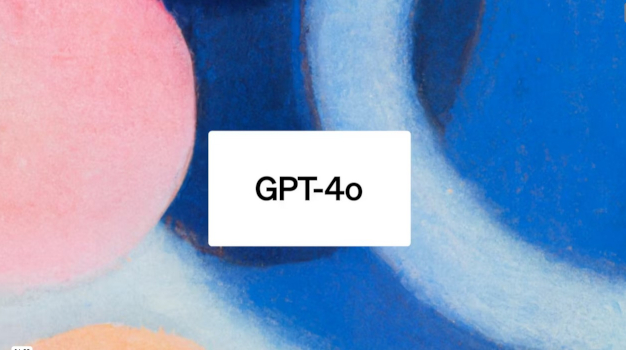OpenAI delays release of its voice chatbot as lawsuits threaten

OpenAI, the company behind ChatGPT, has postponed the release of its latest model because a new chat feature that allows artificial intelligence (AI) to talk and sing with the user is not yet ready for release. At the same time, several companies have filed lawsuits over possible copyright infringement.
In a post on X, the company announced the delay of “enhanced voice mode.” OpenAI said it planned to roll out the new feature to paying users by the end of June, but now says it needs “another little month” to meet the security requirements the company has set for itself.
OpenAI, for example, says that it still needs to work on ways to keep inappropriate content out so that AI voices don’t say hurtful things. A small group of testers will then have access to the new features to refine them even further. The release to the paying public will then follow in fall 2024. At least if the new feature meets the requirements by then.

“ChatGPT’s advanced voice mode can understand and respond to emotions and non-verbal cues, bringing us closer to more natural real-time conversations with AI,” the company said. It wants to do this “in a thoughtful way.”
The delay can hardly be separated from several legal disputes.
In May, controversy arose after actress Scarlett Johansson remarked that the voice of “Sky” sounded a lot like her. OpenAI initially denied any involvement. Shortly afterwards, CEO Sam Altman had to admit that Johansson had been approached to use her voice, but the actress had refused any cooperation.
After legal challenges from Johansson’s lawyers, OpenAI decided to remove Sky from its voice program. Johansson demanded openness and honesty regarding the development of AI voices.
So it’s mainly about training the voice model. In order for the AI voice to work properly, existing voices have to be used. Several major music companies are therefore questioning the data used by various AI companies.
Sony Music, Universal Music Group and Warner Records decided on Monday to sue smaller AI startups Suno and Udio. They are said to have used well-known songs to train their voice models, such as All I want for Christmas is you by Mariah Carey or I have you (I feel good) by James Brown. Suno and Udio offered voices that were “indistinguishable” from those of Michael Jackson or Bruce Springsteen.
The music labels are demanding damages of up to $150,000 per song that may have been copied. Suno is said to have copied 662 songs and Udio 1,670.
Although OpenAI as a major company is not yet involved in such a music lawsuit, the question remains as to what training data is used for the new ChatGPT feature. The delay may not be related to this, but the timing is notable.


:max_bytes(150000):strip_icc()/MothersandDaughtersFB-c59e7185ab51470d994f57a10dc12dfd.jpg)
